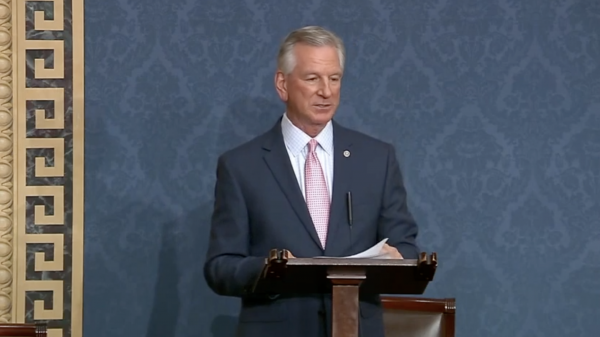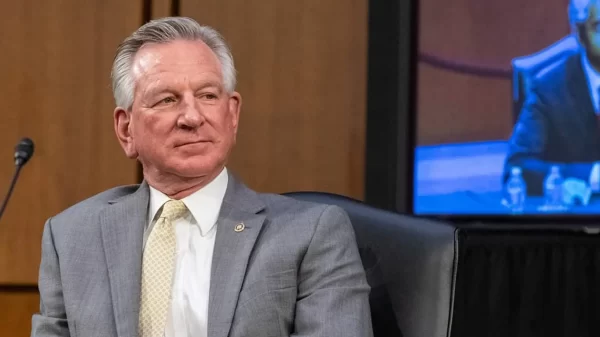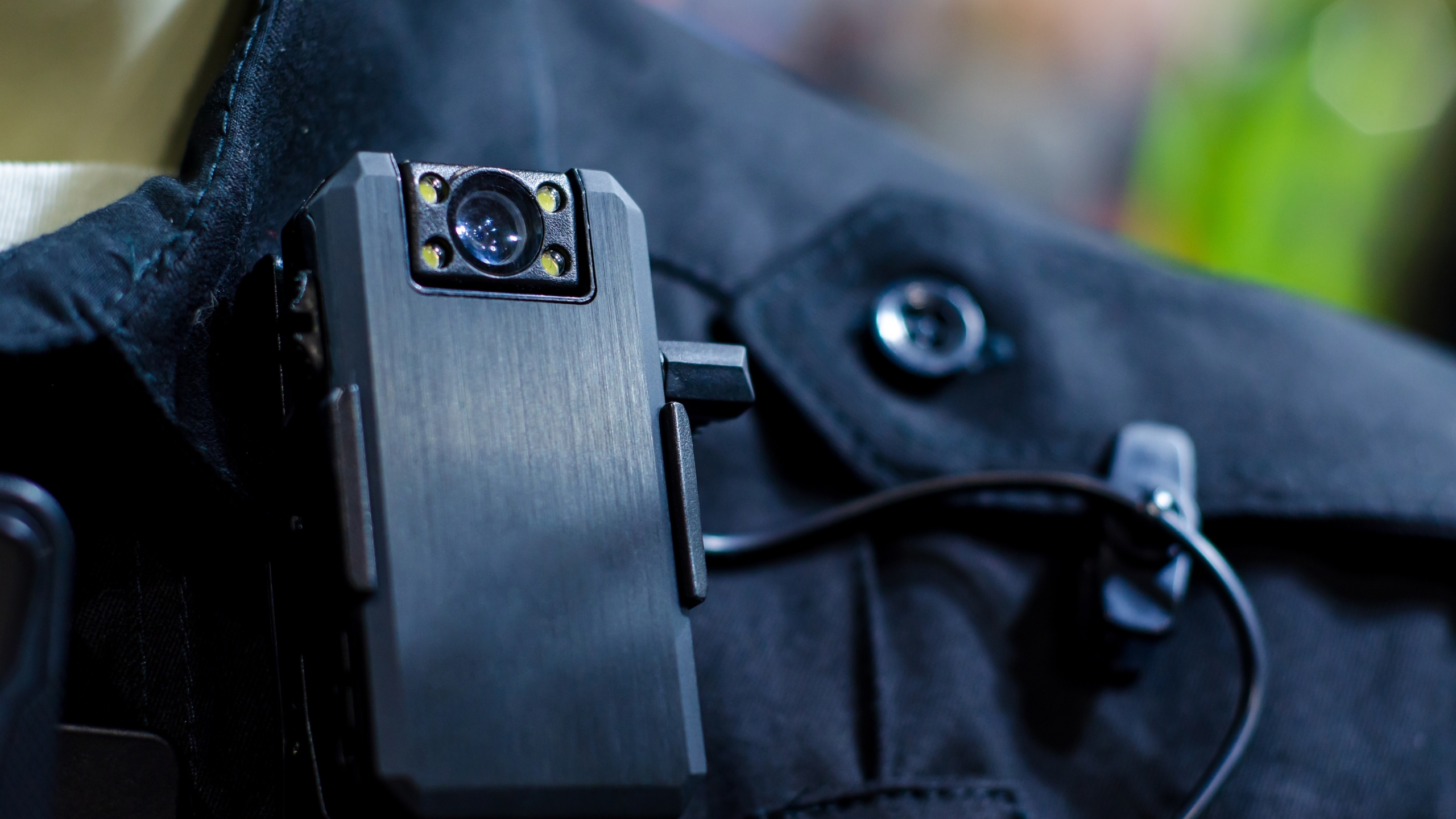A bill passed through a House committee Wednesday to allow the disclosure of body cam footage to certain people involved in the recordings.
The bill, sponsored by Rep. Juandalynn Givan, D-Birmingham, identifies certain individuals who can request and receive body cam footage.
The bill would allow custodial law enforcement to refuse a request for disclosure of such a recording if releasing the footage “would negatively affect an ongoing active law enforcement investigation.”
Givan referenced the recent case of Tyre Nichols in Memphis, in which the City of Memphis released video footage of officers repeatedly punching and kicking the 29-year-old Black man, who died three days later from his injuries.
“We may not be that state right now, but we could possibly be that state where something so catastrophic happens,” Givan said. “We want to make sure we protect those lives, we want to make sure that the family members at least have the bare bones information as to whom was the assailant.”
The bill would allow body cam footage to only be released to:
- An individual whose image or voice is in the recording.
- A personal representative of an adult individual whose image or voice is in the recording if the adult individual has consented to the disclosure.
- A personal representative of a minor whose image or voice is in the recording.
- A personal representative of an adult individual under lawful guardianship whose image or voice is in the recording.
- A personal representative of an adult individual who is incapacitated and unable to provide consent to disclosure whose image or voice is in the recording.
- A personal representative of a deceased individual whose image or voice is in the recording.
Media are not included in that list, so this law would effectively prevent law enforcement from releasing body cam footage to members of the press.
The bill prohibits individuals who have received such a recording from copying or recording the footage, but the law does not prohibit the individuals from allowing others to view their personal copy of the video.
In Alabama, body cam footage has proven elusive for anyone outside of law enforcement or the judicial process to review.
Tyre Nichols’ family called on the public to remain calm in preparation for the release of the body cam footage, and despite some protests, riots never materialized. Givan told the committee releasing body cam footage can serve to ease tensions in such a situation and “protect businesses.”
Lawyers for the City of Montgomery cited public reaction as a reason not to release footage of a police dog fatally biting Joseph Pettaway, an unarmed Black man. US Magistrate Judge Jerusha Adams denied immunity for Montgomery K-9 handler Nicholas Barber under the premise that an officer should have known releasing a police dog without warning constitutes excessive force.
However, Adams also wrote that “due to its graphic nature and emotional impact, the footage from the police body cameras cannot be unseen, ignored, or easily set aside,” and citing the upcoming civil trial, has not allowed the footage to be released.
The family of Ulysses Wilkerson III, a 17-year-old Black boy physically beaten by Troy police during a 2017 arrest, have similarly been fighting in federal court for the release of body cam footage.
Officials refused to release the body cam footage to the media or tot he family in the weeks following the incident, citing the ongoing investigation and grand jury presentation. After the grand jury failed to indict the Troy police officers, officials continued to deny release of the footage, saying Wilkerson’s status as a juvenile introduces legal complications.
Angela Williams, Wilkerson’s mother, filed a civil suit seeking the release of the footage in 2019 and two years later reached a mediation agreement to view the footage along with her attorney on the condition that the Williams and her counsel “will not publicize, make known to the public and/or press, nor call any press conferences or issue any press releases, about the contents of the video recordings.” However, a later filing states that the mediation occurred without resolution and the case appears to remain active today.
Former Trump Alabama co-chair Perry O. Hooper is also suing the City of Montgomery in a similar suit to the Pettaway case, demanding the release of footage from a Montgomery restaurant in which he allegedly groped a hostess, saying the footage would clear him of wrongdoing.
Attorneys with the City of Montgomery informed Hooper that Alabama law does not treat investigative materials as public records, even after a case has been closed. The alleged victim in the Hooper case decided not to cooperate with the Montgomery District Attorney’s Office in the first-degree sexual abuse case, leading to the prosecution dropping the case.
The bill can now be brought before the full House for consideration.
























































